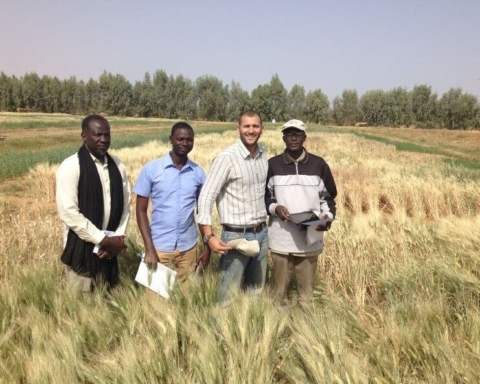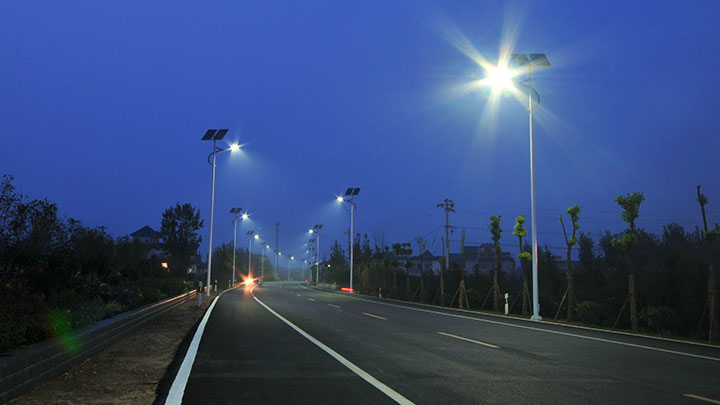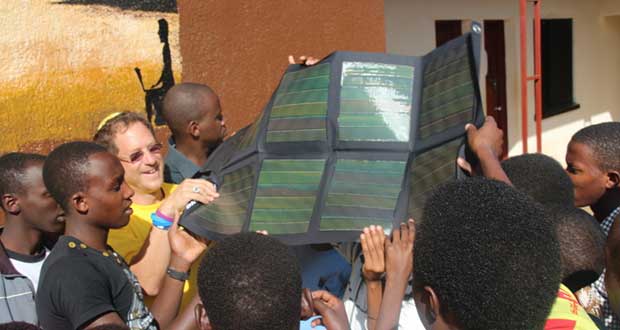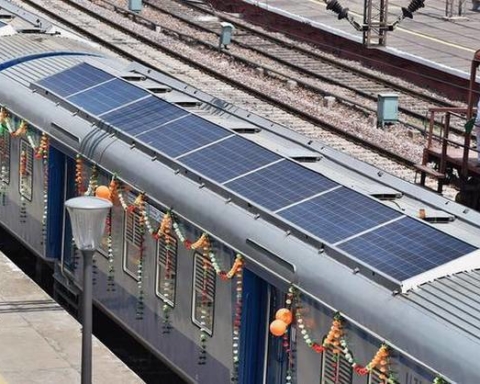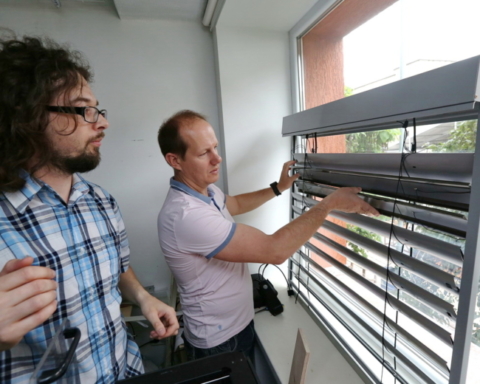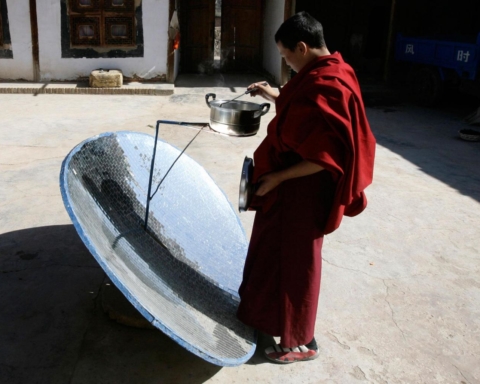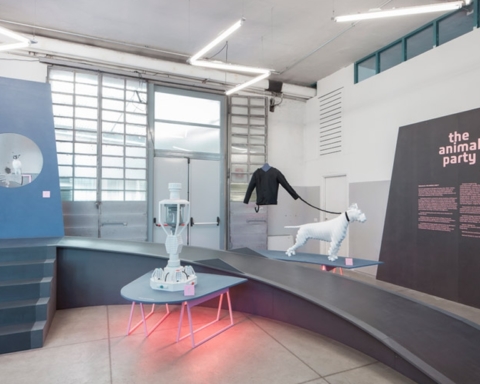More than 95% of the 10 million Burundians do not have access to electricity. The mayor of Bujumbura Fredy Mbonimpa and Gigawatt Global, the pioneer in solar energy, recently signed a partnership for solar public lighting in Bujumbura, the capital of Burundi.
Gigawatt Global, a pioneering company in the field of solar energy, is expanding its green energy offer in Africa. Indeed, Bujumbura’s downtown is lit up by an innovative partnership between Mayor Freddy Mbonimpa and Gigawatt Global, a founding member of the “Beyond the Grid” program of the US Power Africa electrification plan. This initiative of the USAID has as principle objective to enable electricity access by adding 60 million new electricity connections and 30,000 MW of new and cleaner power generation.
A month ago, “light islands” began to appear in the busy central bus station and on the nearby market, extending the hours of operation while improving safety. “The City of Bujumbura is very pleased to be working with Gigawatt Global on this important solar street lighting project,” said Mayor Freddy Mbonimpa. “This project will strengthen security and provide opportunities for economic development for the citizens of Bujumbura. All of us in this project have the hope and desire to see this initiative spread throughout the city and to other cities in Burundi in the near future. ”
All the countries in which we develop commercial solar fields will be able to benefit from additional advantages such as light islands and rural electrification through mini-networks.
Gigawatt Global is now considering expanding the program of solar ” light islands ” in the city and other major cities in Burundi. “We are grateful and happy to work with the City of Bujumbura and the Honourable Mayor Freddy Mbonimpa to take this first important step in solar street lighting,” said Michael Fichtenberg, General Manager of Gigawatt Global in Burundi. “We intend to expand the program throughout the capital and other locations as part of our extensive green electrification program in Burundi. Forty “light islands” are planned in the first phase of the program, “added Fichtenberg. “All the countries in which we develop commercial solar fields will be able to benefit from additional advantages such as light islands and rural electrification through mini-networks. ”
Gigawatt Global, which fully finances its projects, is a pioneer in the field of commercial solar power plants in sub-Saharan Africa, having launched the first power plant in Rwanda in 2014, which currently supplies 6% of the country’s production capacity. It will complete a solar field with a capacity of 7.5 MW in the Gitega region of Burundi in less than 6 months, with a view to supplying 15% of the East African country’s production capacity. Similar projects are being developed in 10 African countries, including Liberia and South Sudan.
Gigawatt Global is honoured to contribute to advancing economic and social development through green energy in Burundi, “said Yosef Abramowitz, CEO of Gigawatt Global. “By expanding our investments in large-scale commercial projects to include off-grid solutions, we hope to have a positive impact on the lives of millions of people in Burundi and throughout Africa and become a green project force across the continent.”
A team of local members executed the project including Patrick Nzintunga, Regional Coordinator of Gigawatt Global, and Deo Hugere, Engineer at Gigawatt Global. The engineering, procurement and construction components of this project were provided by Asantys System. The pilot program is supported by the Energy and Environmental Partnership (“EEP”), an initiative of the British, Austrian and Finnish governments, and the key investment of entrepreneur Alex Goldberg. “In Bujumbura, we have found a place for innovation and economic development.”
Gigawatt Global is also very committed in helping the society by financing some projects under its Corporate Social Responsibility (CSR) program. The Science, Technology, Engineering and Mathematics (STEM) Center at the Polytechnic University of Gitega was fully sponsored and built by Mark Gelfand, one of the company’s investors.




